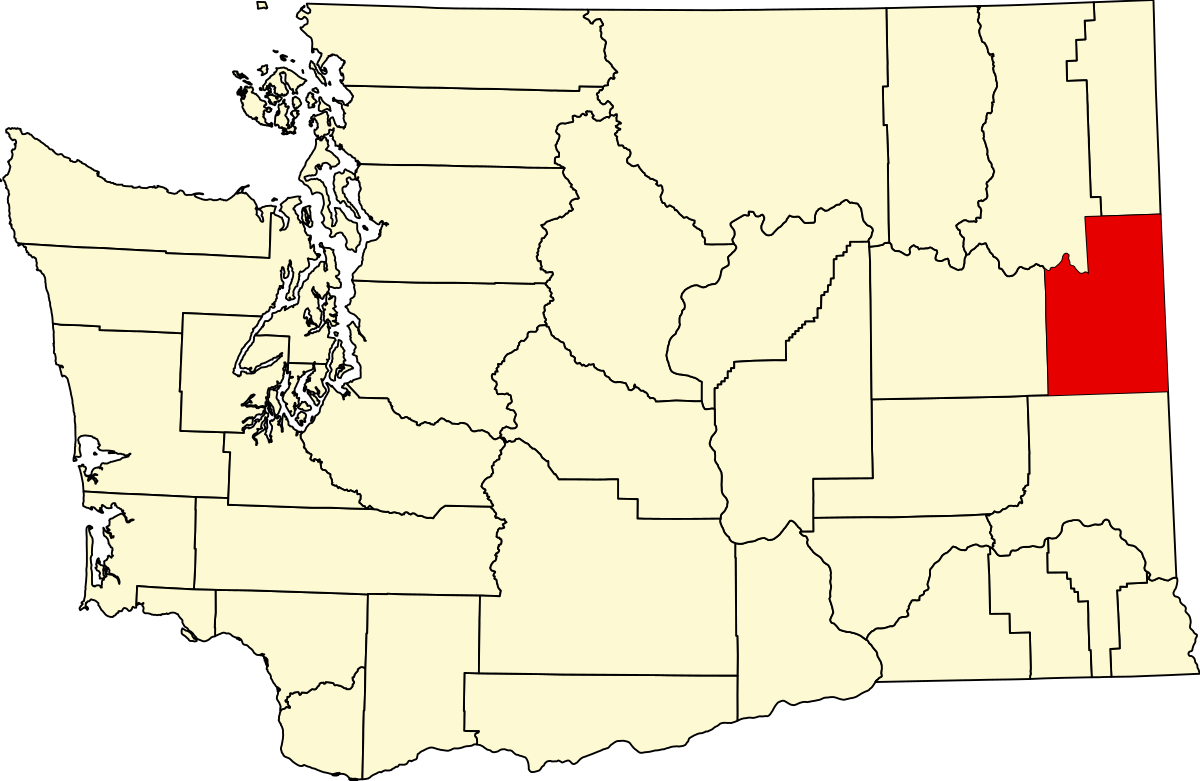Washington state officials (Washington Department of Fish and Wildlife, or WDFW) are reporting the first case of chronic wasting disease (CWD). The case is confirmed in an adult female white-tailed deer that was found dead in the Fairwood area of north Spokane.
There is currently no cure for CWD, and it can only be confirmed through testing of lymph nodes or brain tissue. The lymph nodes of the deer that tested positive were submitted to the Washington Animal Disease Laboratory at Washington State University in July with a batch of other samples for testing.

CWD has been documented in wild or captive cervids in 34 other states and four Canadian provinces. WDFW has been testing for CWD in Washington since 1995. Efforts were increased starting in 2021 in eastern Washington due to proximity to known cases in western Montana at that time. WDFW has been proactively preparing for the possibility of finding the disease in Washington and has a Chronic Wasting Disease Management Plan that guides how the Department will move forward with responding to this confirmation and managing the spread of CWD.
“With the spread of CWD across the country and recent detections in adjacent states and provinces, WDFW has proactively conducted surveillance in this area since 2021,” noted Eric Gardner, WDFW’s Wildlife Program Director. “We detected this case because of the surveillance program, and we are immediately reviewing our Management Plan and the circumstances of this detection. We will announce additional management actions soon.”
CWD is a transmissible spongiform encephalopathy (TSE) that infects members of the Cervidae ‘deer’ family (deer, elk, and moose) and is fatal in infected deer. TSEs are caused by malformed proteins called prions.
The Washington Department of Fish and Wildlife says to date there are no confirmed cases of CWD transmission from wildlife to domestic animals or from cervids to other wild ungulate species. There is also no scientific evidence of CWD being transmitted from cervids to humans.
Testing of deer, elk, and moose will be critical this upcoming hunting season in order to detect additional cases and better understand the distribution and prevalence of the disease in Washington. Hunters will be notified about changes to testing and carcass transportation regulations as those details are developed.




